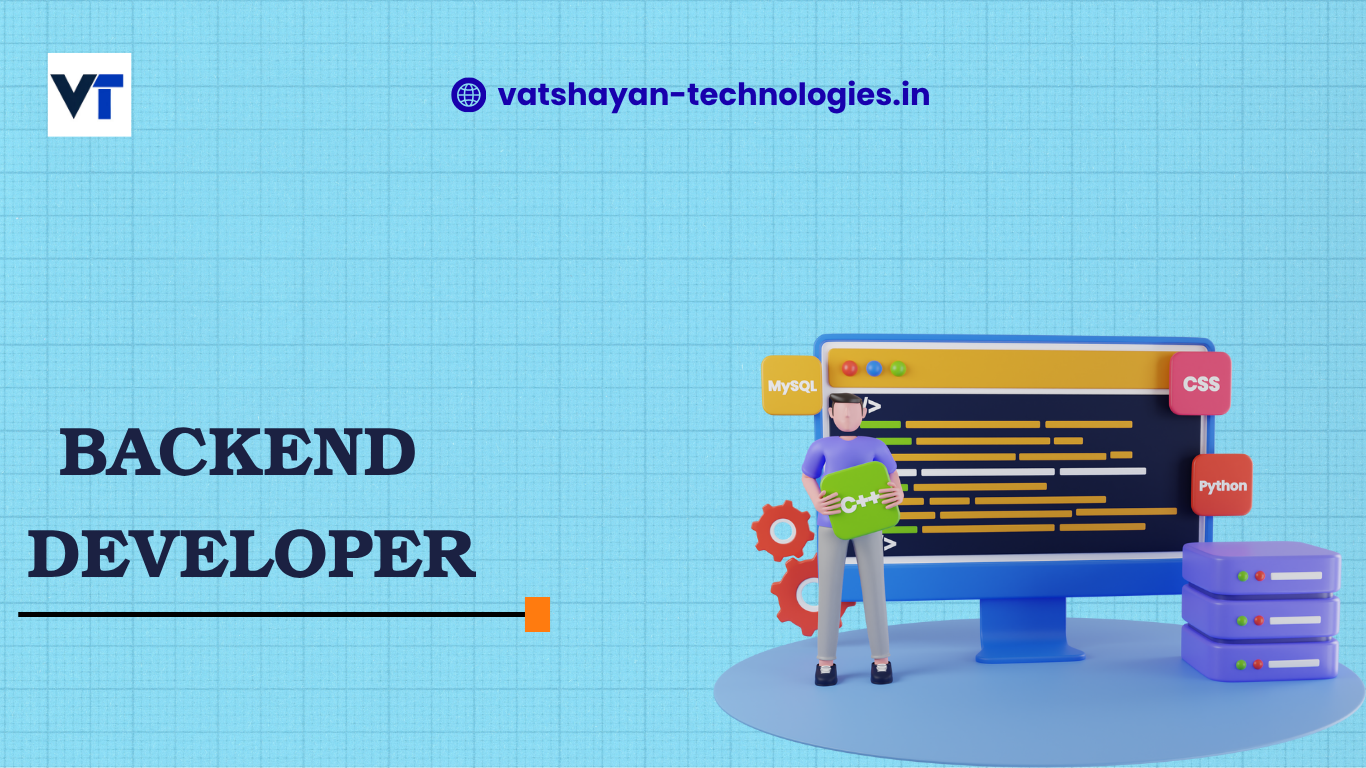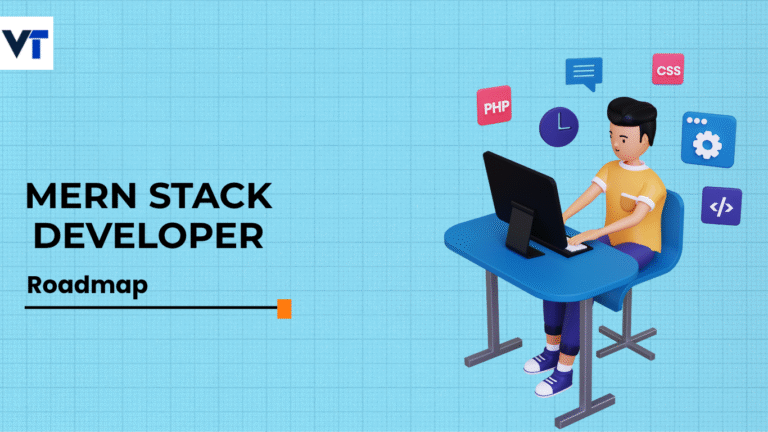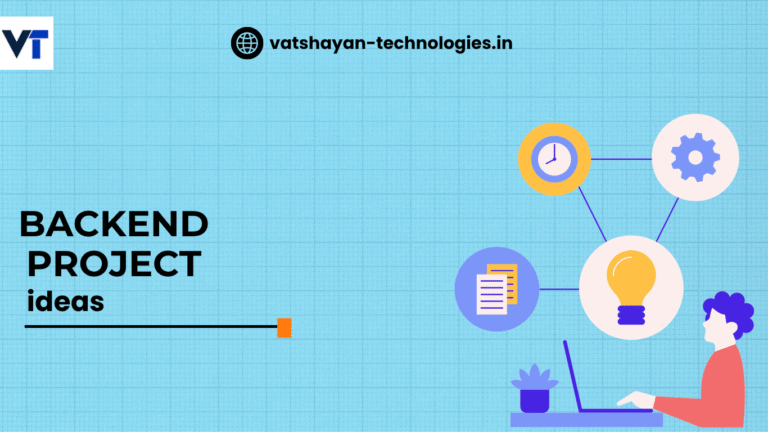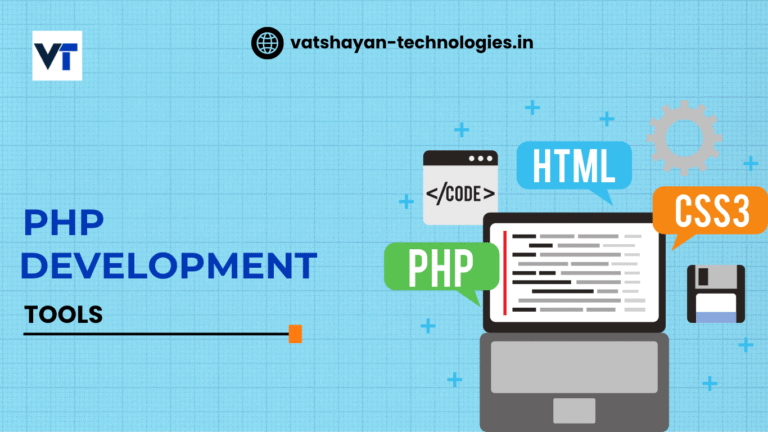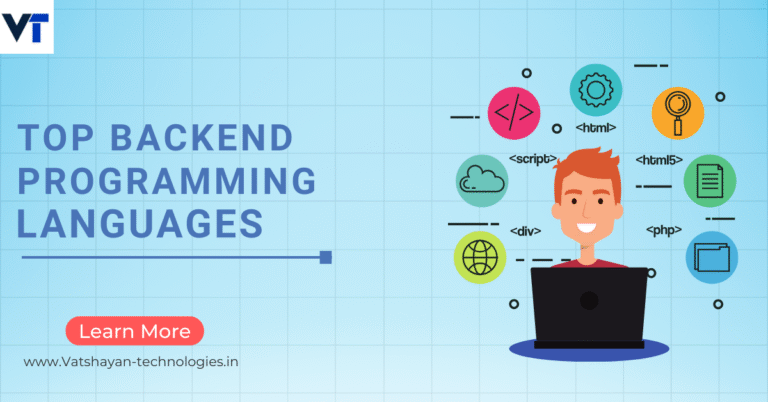Top 14 Essential Backend Developer Skills to Master in 2025
The role of backend developers has never been more critical than in today’s technology-driven world. While frontend developers focus on what users see, backend developers work behind the scenes to ensure applications are fast, reliable, and secure. By 2025, as businesses adopt cloud computing, artificial intelligence, and Web3 technologies, the demand for skilled backend developers is skyrocketing.
If you’re aiming for a successful backend development career, here are the top 14 backend developer skills you must know and master in 2025.
1. Mastery of Backend Programming Languages
Backend development starts with programming languages. A strong command of at least one of the major backend languages such as Python, Java, PHP, Ruby, or Node.js is essential.
-
- Python is popular for its simplicity and wide use in AI and data science.
-
- Java powers enterprise applications, making it a must-know for large-scale systems.
-
- Node.js allows developers to use JavaScript for both frontend and backend.

2. Frameworks and Libraries
Frameworks simplify development and ensure scalability. For instance:
-
- Django (Python): Best for security and rapid app development.
-
- Spring Boot (Java): Perfect for enterprise solutions.
-
- Express.js (Node.js): Lightweight and flexible.
-
- Laravel (PHP): Known for elegant syntax and fast development.
By 2025, companies are shifting toward framework-driven development to save time and reduce errors.
3. Database Management Systems (DBMS)
Every application depends on a reliable database. Backend developers must understand both:
-
- Relational Databases (SQL): MySQL, PostgreSQL, Oracle
-
- Non-Relational Databases (NoSQL): MongoDB, Cassandra, Firebase

4. API Development and Integration
APIs connect the frontend with the backend. Developers must be skilled in building and integrating:
-
- REST APIs – widely used for communication between systems.
-
- GraphQL APIs – increasingly popular for fetching specific data with fewer requests.
By 2025, businesses will rely heavily on API-driven architecture, making this skill non-negotiable.
5. Version Control Systems
Working in teams requires proper collaboration tools. Git, GitHub, and GitLab are industry standards for version control. These tools help track changes, resolve conflicts, and enable multiple developers to work on the same project seamlessly.
6. Server and Hosting Knowledge
Backend developers must understand how applications are hosted and delivered. Basic knowledge of:
-
- Servers: Apache, Nginx
-
- Hosting Platforms: AWS, Azure, Google Cloud
-
- Deployment Tools: Heroku, Netlify

7. Security Fundamentals
In 2025, cybersecurity is one of the biggest challenges. As a backend developer, you must learn:
-
- Encryption techniques
-
- Authentication & Authorization (OAuth, JWT)
-
- Secure Coding Practices
-
- OWASP Top 10 security risks
For example, an e-commerce site must protect sensitive user data like credit card details.
8. Data Structures and Algorithms
A strong foundation in DSA helps in writing optimized code. Concepts like hash tables, trees, linked lists, and sorting algorithms are crucial for solving real-world backend problems.
9. Performance Optimization and Scalability
Applications must handle thousands—or even millions—of users. Developers should know:
-
- Caching (Redis, Memcached)
-
- Load Balancing
-
- Database Indexing
-
- Microservices Architecture
Example: Netflix uses microservices to handle different parts of its system independently, ensuring scalability.
10. Containerization and Orchestration
By 2025, containerized applications will dominate software deployment. Skills to master:
-
- Docker – creates portable application containers.
-
- Kubernetes – manages and scales containers.
-
- CI/CD Pipelines – automate testing and deployment.
11. Cloud Computing
With businesses moving to the cloud, backend developers must learn:
-
- AWS (Amazon Web Services)
-
- Microsoft Azure
-
- Google Cloud Platform
Cloud skills are no longer optional—they’re mandatory for modern backend developers.
12. Message Brokers and Queues
Applications that handle real-time data, like chat apps or stock trading systems, need message queues.
-
- RabbitMQ
-
- Apache Kafka
-
- ActiveMQ

13. Testing and Debugging
No application is complete without testing. Backend developers should know:
-
- Unit Testing (JUnit, PyTest, Mocha)
-
- Integration Testing
-
- Debugging Tools
Testing ensures software reliability before deployment.
14. Soft Skills and Problem-Solving Ability
Beyond technical expertise, employers value:
-
- Analytical thinking
-
- Clear communication
-
- Team collaboration
-
- Adaptability to new tech trends
Soft skills often set apart a good developer from a great one.
Final Thoughts
The backend development landscape is evolving rapidly. By mastering these 14 essential skills in 2025, you’ll not only secure your place in the tech industry but also future-proof your career. From programming languages to cloud computing and security practices, every skill plays a vital role in building powerful digital solutions.
Whether you are a student, fresher, or experienced developer, start learning these skills today. The stronger your backend expertise, the more opportunities you’ll unlock in the world of technology.logy.

